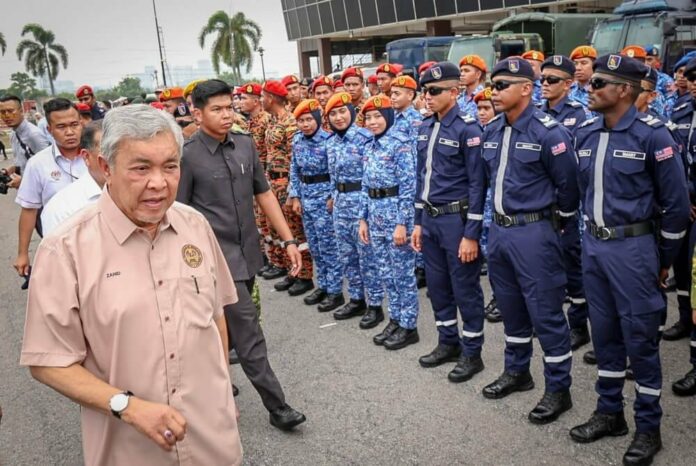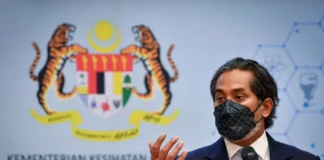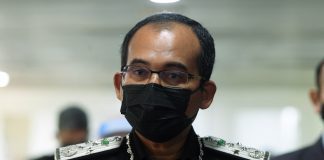PUTRAJAYA, Oct 17 — The government is considering increasing the current RM100 a day hardship allowance of the Special Malaysia Disaster Assistance and Rescue Team (SMART) to a more reasonable amount as an appreciation and motivation for the team members.
Deputy Prime Minister Datuk Seri Dr Ahmad Zahid Hamidi said the allowance, which is given to SMART personnel who take part in search and rescue (SAR) missions overseas, is still low.
Saying that the government appreciated the services and commitment of the SMART personnel involved in various SAR missions, he said that he had asked National Disaster Management Agency (Nadma) director-general Datuk Khairul Shahril Idrus to look into the matter.
“It is reasonable if their allowance, which is called hardship allowance, can be increased according to their participation in SAR missions.
“They are the best in their teams and have been chosen to join SMART,” he told the media after launching the National Preparedness Month 2023 (BKN2023) at the SMART Headquarters in Pulau Meranti, near here, today.
The hardship allowance or special allowance was introduced on Feb 24 after Prime Minister Datuk Seri Anwar Ibrahim announced the granting of the allowance to SMART personnel involved in the SAR mission for earthquake victims in Turkiye and Syria.
The issue caught the attention of Anwar after he visited the SMART personnel camp in Turkiye on Feb 15.
Ahmad Zahid, who is also the Central Disaster Management Committee chairman, also suggested that SMART, which currently has 141 members from three agencies, namely the Royal Malaysia Police (PDRM), Fire and Rescue Department and Malaysian Armed Forces (MAF), be expanded to seven agencies.
On Feb 8, 2023, SMART was certified as an Urban Search and Rescue (USAR) team by the International Search and Rescue Advisory Group (Insarag) under the auspices of the United Nations (UN) to participate in disaster missions abroad.
Ahmad Zahid also suggested that all agencies involved in disaster management apply the latest technology in line with the development of Industrial Revolution 4.0 (IR4.0) to empower SAR operations.
He said the use of such technology could help the agencies involved to understand disaster risks and speed up the decision-making process while the sharing of disaster information can be channelled in real time.
“In addition, our reliance on human resources, the latest technology like UAV (unmanned aerial vehicle or drone) must be utilised,” he said.
















